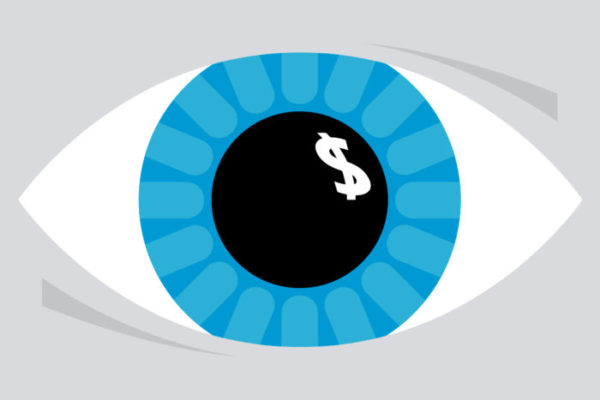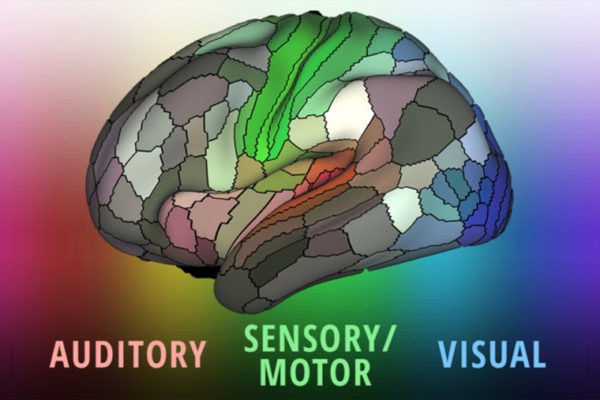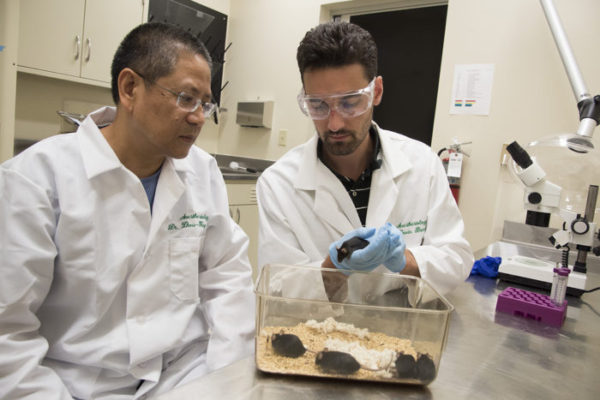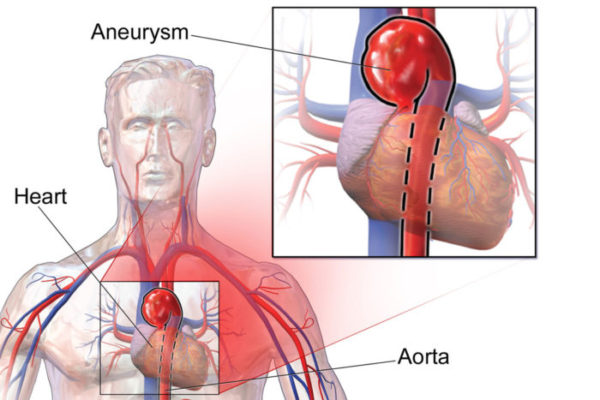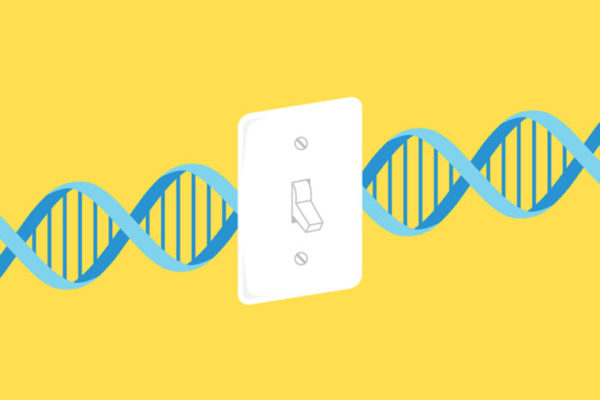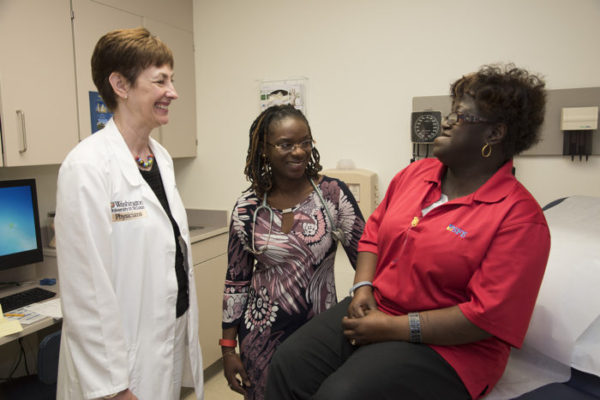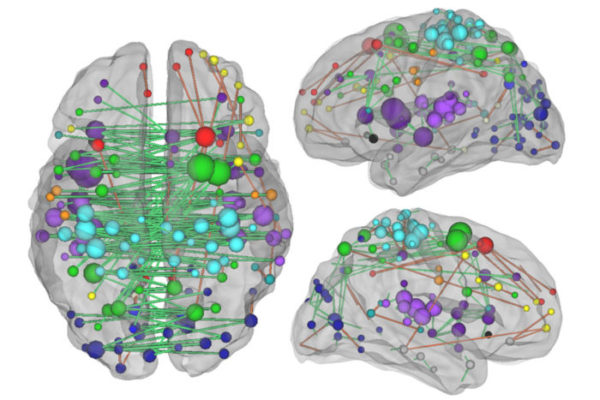Study identifies neural circuits involved in making risky decisions
New research from the School of Medicine sheds light on what’s going on inside our heads as we decide whether to take a risk or play it safe.
Doctors paid by drug companies more likely to use those companies’ meds
Ophthalmologists who receive money from pharmaceutical companies are more likely to prescribe medications promoted by those companies than similar drugs that are less costly, a new School of Medicine study shows.
A detailed map of how the brain is organized
A detailed new map by researchers at the School of Medicine lays out the landscape of the cerebral cortex – the outermost layer of the brain and the dominant structure involved in sensory perception and attention, as well as distinctly human functions such as language, tool use and abstract thinking.
Potential new target identified for treating itch
School of Medicine researchers have found how sensory nerve cells work together to transmit itch signals from the skin to the spinal cord, where neurons then carry those signals to the brain. Their discovery may help scientists find more effective ways to make itching stop.
Genetic error that increases risk of aortic rupture identified
A study led by Washington University School of Medicine in St. Louis, in collaboration with Brigham and Women’s Hospital in Boston, has identified a genetic error that weakens the aorta, placing patients with this and similar errors at high risk of aortic aneurysms and ruptures.
Stem cells engineered to grow cartilage, fight inflammation
With a goal of treating worn, arthritic hips without extensive surgery to replace them, scientists at the School of Medicine have programmed stem cells to grow new cartilage on a 3-D template shaped like the ball of a hip joint.
Ability to turn off genes in brain crucial for learning, memory
A study in mice at the School of Medicine how genes stuck in the “on” position can lead to faulty brain wiring that affects learning and memory.
Study aims to find clues to breast cancer outcomes in African-American women
Researchers at the School of Medicine are launching a major study in African-American women with breast cancer to learn whether their genetic risks are influenced by the same mutations that affect white women or are altogether different mutations.
The View From Here 7.12.16
Images captured in and around the Washington University campus.
Measuring damage to brain networks may aid stroke treatment, predict recovery
Two new studies from the School of Medicine indicate that current clinical practices may be missing a key aspect of stroke-induced brain damage. For some cognitive functions, such as memory and attention, the severity of a person’s disability correlates with the extent of disruption to the brain’s communication networks – something that is not measured by most brain scans.
View More Stories

